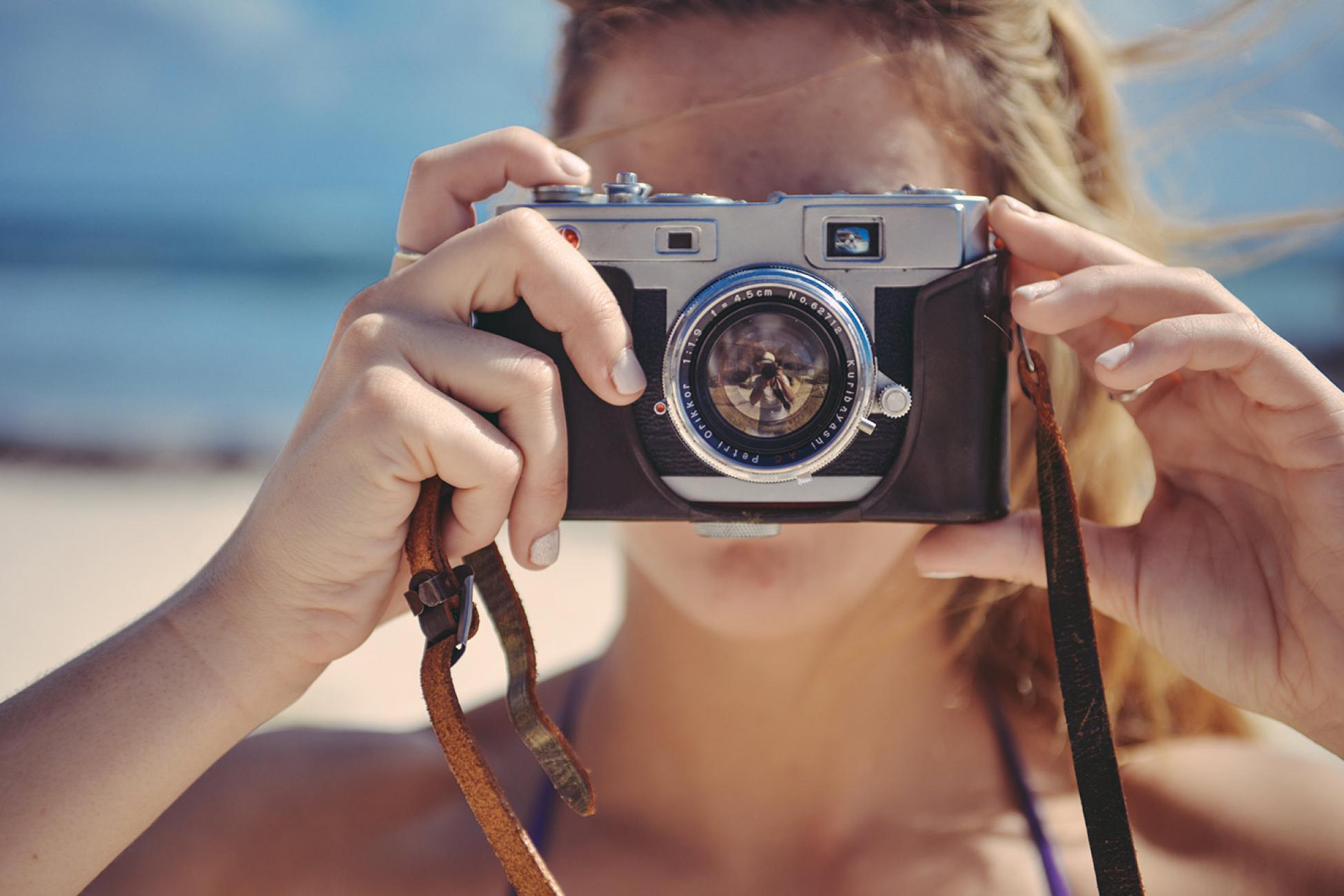There is arguably no greater tool for sharing travel stories than photography. As we’ve found with our annual photo competition, the best pictures can serve to enlighten and educate viewers and to provide context.
But taking and sharing travel photos is an act that has to be done with care. This month, we spoke with award-winning photographer Paul A. Teolis to learn how he navigates what can be tricky terrain. An educator and veteran of the motion picture and television animation industry, Teolis now spends three months each year in the polar regions as an expedition photographer for G Adventures. The Canon Canada-sponsored photographer works with passengers to teach and educate them on how to improve their photography skills.
Here are Teolis’ top tricks of the trade:
What qualities do the most engaging travel photos have?
Teolis: Some of the best photographs I have seen and shot are the unexpected ones—a bit of luck and timing where an experienced shooter can think quickly and get the shot.
Photographs with a strong narrative undertone are generally the ones you remember, they stick with you and this can overshadow a photograph they may not be technically strong. When the viewer engages in an emotional response to the image he or she is viewing, that is the sign of a successful photograph.
What rules of thumb do you follow when it comes to photographing people overseas?
From my experience, photographing people has to be handled based on where you are travelling. Some cultures I have found simply do not want their photos taken in any manner and that needs to be respected regardless, while others are more open.
What I do is engage with people. If they own a shop or are selling items, I generally buy something. I never pay people to take their photo (that leads to a form of begging that is now common in some regions of the world), but rather engage them in some form or another, which helps break down barriers.
When it comes to travelling with a camera, what do you leave at home and what do you take with you?
I generally travel with two camera bodies and three lenses; that covers all my needs on a typical polar outing. When I am in the polar regions and shooting wildlife, I carry my long wildlife lens, which is generally not needed on most typical travel excursion. I would advise don't double up on focal lengths, as it simple adds unnecessary weight to your load.
Invest in good lenses—you generally only buy them once—and protect them with a good solid filter on the front. Have a decent wide angle and mid-range length that works best when travelling (i.e. 24-105mm).
Who inspires you?
One of my favourite documentaries is The War Photographer, documenting the work of photographer James Nachtwey who mostly shoots in war zones around the world. His approach to knowing his subject matter is relative to anyone shooting today regardless of subject, but he succeeds where many fail, and can show beauty in tragedy and is a master at story telling with his documentary-like style.

